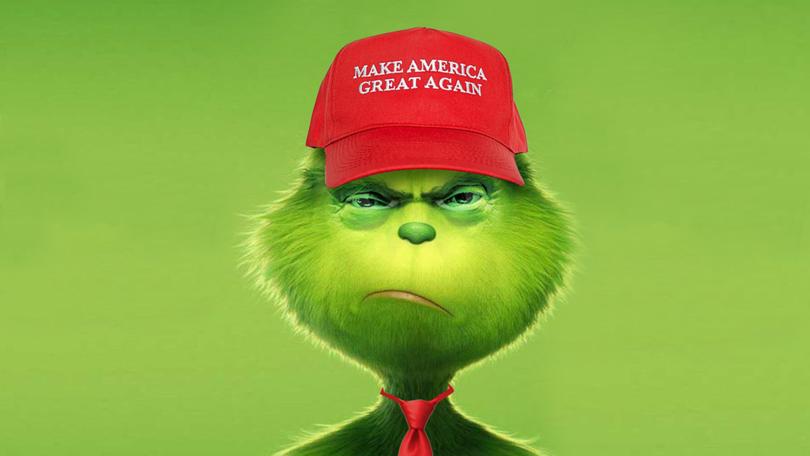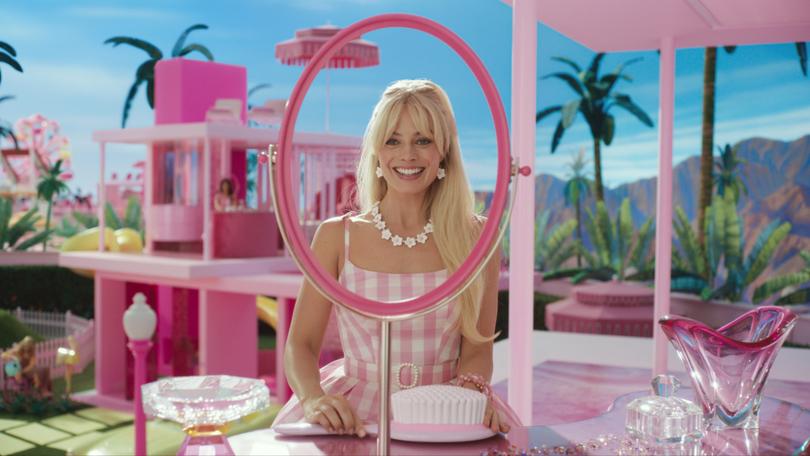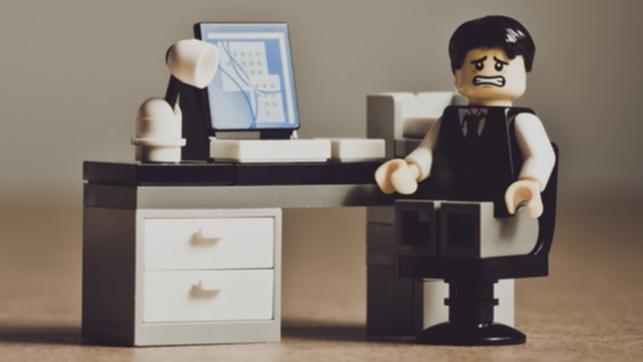THE ECONOMIST: How Donald Trump might ruin Christmas as US toymakers play out their tariff fears
American toymakers say US President Donald Trump’s tariffs are proving particularly burdensome for them — and they could put Christmas at risk.

Times are bleak in Toyland. So bleak that Bratz dolls’ flowing locks are at risk. “There is no American factory anywhere that can make hair for dolls,” fumes Isaac Larian, boss of MGA Entertainment, the Los Angeles company that makes the fashion figurines. “What am I supposed to do? Sell bald dolls?”
The killjoy behind all the gloom? Donald Trump. The president’s tariffs are proving particularly burdensome for toymakers. Around 80 per cent of toys sold in America are made in China, the main target in Mr Trump’s trade war. Levies of 145 per cent on Chinese goods are clobbering an industry specialised in churning out cheap delights for children, often at low margins.
Parents may be willing to spend $US15 ($23.50) on a Care Bear (cut, sewn and filled in China), even if it is played with only once. At $US36, though, they may tell sellers to get stuffed.
Sign up to The Nightly's newsletters.
Get the first look at the digital newspaper, curated daily stories and breaking headlines delivered to your inbox.
By continuing you agree to our Terms and Privacy Policy.More than Monopoly money is at stake. Toy sales in America are worth about $US30b a year, according to UBS, a bank.
The share price of Mattel, the largest listed toymaker, has fallen by about a quarter since Mr Trump imposed additional tariffs on China on April 2nd (they reached 145 per cent the next week).
Hasbro, another leading toymaker, has also seen its value drop — though it perked up on April 24 after the company reported a better first-quarter performance than analysts had expected.
Both toymakers are more insulated than others, having already started to shift their supply chains away from China.

Mattel intends that by 2027 no country should provide more than a quarter of its global output. Smaller firms with less scope to split production are more exposed.
A hurried charm offensive is under way. The Toy Association, an industry group, was a keen new sponsor of the White House’s annual egg roll on Easter Monday.
Toymakers have been showering lawmakers with reminders that parents (read: voters) like to buy presents for their children.
The industry’s hopes have been lifted by the reprieve from tariffs that Mr Trump granted for smartphones, laptops and other toys for grown-ups.
On April 22 the president hinted that duties on Chinese goods might drop across the board.
But how far, and when? Even a $US25 Care Bear might be a hard sell. And finding alternatives to Chinese imports, such as reshoring to America, takes more than a magic wand.
Lego, the world’s biggest toymaker, is opening its first American factory in 2027 — five years after announcing it.

Toys with more sophisticated components pose additional problems. Making a plaything that moves or squeaks requires a whole network of Chinese factories, points out Jay Foreman, boss of Basic Fun!, another toy firm. Moving it would not be easy and in the meantime tariffs will bite.
Nearly half of the small and medium-sized firms surveyed by the Toy Association think that with the current tariffs they will go out of business within months.
Greg Ahearn, the head of the Toy Association, says that while his members wait for a reprieve, their manufacturing in China has ground to a halt. It may be only April, but production for Christmas would usually be in full swing.
“Every week this goes on is a week of peak production that we’re missing out on,” he adds.
“Christmas is at risk.” Time is getting tight for a fairytale ending.
Originally published as How Donald Trump might steal Christmas
